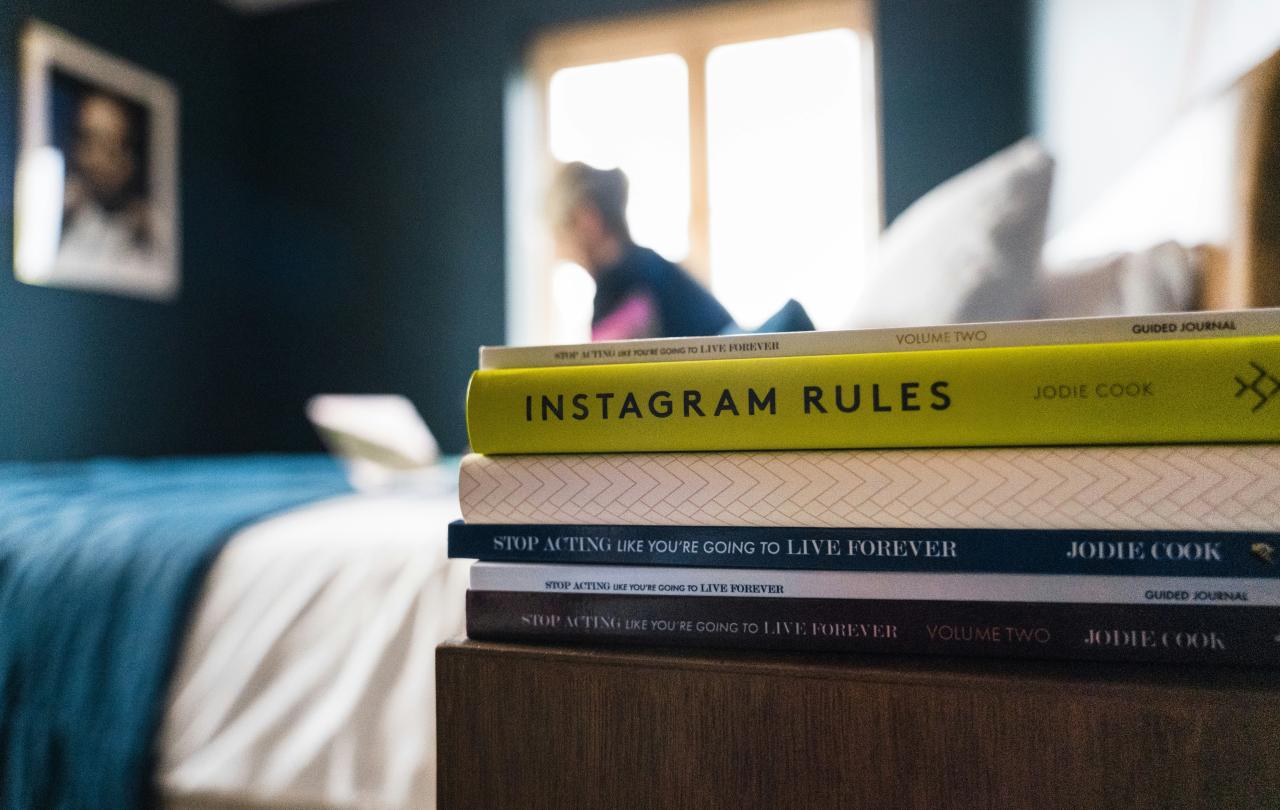
It happens so routinely, no-one notices the weirdness anymore. Tourists in front of a majestic site like the Taj Mahal or the Niagara Falls place a camera between their eyes and the glory of the scene itself. Fans at a stadium concert hold cameras up to the singer rather than dance to the music. Witnesses to a disaster choose to film it rather than go to the assistance of the victims.
Our desire to experience the world around us is being limited by technology, especially the smartphone and there is a growing body of literature to show its harmful effects, the latest of which is The Extinction of Experience (The Bodley Head, 2025) by Christine Rosen. She is a senior fellow at the American Enterprise Institute, a Washington DC based think tank and she adds to the work of Jonathan Haidt in The Anxious Generation who identifies what social media is doing to young people. Rosen, however, has the adult population in mind, as well.
Every era has its subtle idolatries and perhaps ours is a slavish devotion to technology. It’s not that technology is wrong, but the expectation we conform to its development rather than the technology adapt to our humanity is slowly toxifying us. To paraphrase Jesus: the smartphone was made for humankind, and not humankind for the smartphone.
Mediating our relationships by screen leads to instant communication, but also makes us impatient and emotionally careless. Human empathy is an embodied virtue. We learn to pick up emotional clues by watching the subtle facial movements and body language of others as they speak and listen. The growth of emojis is no substitute for this and has all the finesse of a face pulled by Thomas the Tank engine. And we more easily tune out of another person’s problems when they are expressed online rather than to our face. US college students are around forty percent less empathetic than their counterparts only two or three decades ago, according to the University of Michigan Institute for Social Research.
There are growing signs that screens reduce human empathy, which may be the most disturbing thing of all and perhaps offers a clue why life is becoming angrier. We spend most of our time lamenting how algorithms polarise us, without addressing an even more fundamental problem: we no longer talk about demanding issues face to face, where listening skills are required, but shout across cyberspace, where listening barely happens.
But the momentum is for more of the virtual world. The software engineer, Marc Andreessen has coined the phrase ‘reality privilege.’ It belongs to those whose real-world existence is full of flourishing – relationships, wealth, housing, holidays, hobbies. The solution for those who lack these goods, according to Andreessen and others, is a migration to an ‘online world that makes life and work and love wonderful for everyone, no matter what level of reality deprivation they find themselves in’.
It is a case of Silicon Valley solutionism, where every problem must have a technological answer. The outcome of migration to an online world is that we no longer need to focus on solving knotty, unglamorous policy issues like poverty, poor housing and low-paid jobs. It also carries a curious echo of the theology which prioritises saving souls from a corrupt world rather than inheriting an embodied resurrection life in a new creation.
In the two decades after 2003, in-person socialising between American adults dropped by thirty percent; among teenagers it fell by forty-five percent. According to Rosen ‘this changes our behaviour towards others, how we get along or don’t get along, how we resolve conflict, how we understand each other’. The de-incarnation of human life continues apace, yet it is the physical world is where we flourish, where millennia of brain development has taken place and where God embodied himself in Christ.
We may come to regret at length the rush to the virtual world, a bit like smoking in the twentieth century. But there is every chance we won’t, because technology is clever and so very cool. The meaning of the incarnation is up for grabs, only this time it’s human, not divine.
Support Seen & Unseen
Since Spring 2023, our readers have enjoyed over 1,000 articles. All for free.
This is made possible through the generosity of our amazing community of supporters.
If you enjoy Seen & Unseen, would you consider making a gift towards our work?
Do so by joining Behind The Seen. Alongside other benefits, you’ll receive an extra fortnightly email from me sharing my reading and reflections on the ideas that are shaping our times.
Graham Tomlin
Editor-in-Chief





